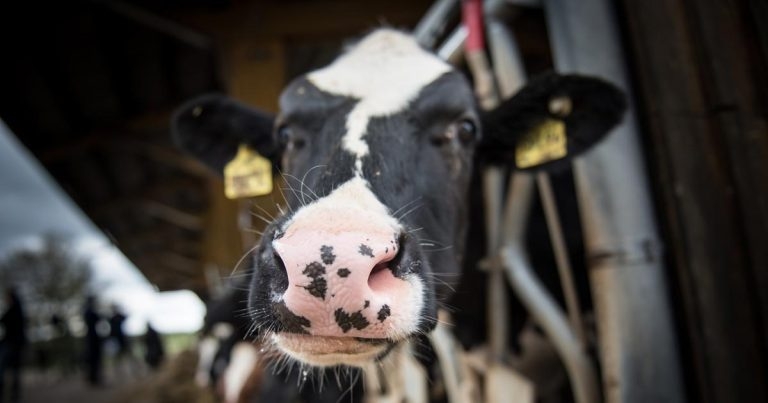24 Jul 2020
Veterinary profession welcomes Government announcement as “significant move in the right direction towards our aim of bTB eradication”.

IMAGE: Ehrecke/Pixabay.
The veterinary profession has welcomed the announcement that trials of a bTB vaccine are set to begin in England and Wales.
After many years of protracted political wrangling, and extensive vaccine and diagnostic test research, the Government has given the green light for the trials of the BCG vaccine and its attendant differentiating infected from vaccinated animals (DIVA) test.
Tackling the notifiable disease has so far cost the British taxpayer more than £500 million and more than 40,000 cattle are slaughtered every year as part of efforts to control its spread.
Research led by the APHA has been pivotal in the development of the vaccine, which is based on the human vaccine for the disease and has been in use for almost 100 years.
Development of a deployable cattle bTB vaccine was a top priority outlined in the Government’s response to an independent review of its 25-year bTB strategy, led by Sir Charles Godfray.
The response to the Godfray Review set out plans to phase out intensive culling in the next few years and outlined the need for a combined approach, which includes badger and cattle vaccination, to eradicate the disease by 2038.
Vaccination is not part of current control measures – which include controversial mass badger culls – because the BCG vaccine is not approved for use in cattle by the EU, although its use in badgers is permitted.
But with Brexit looming, the Government has made its announcement with the field trials to be conducted over the next four years on behalf of Defra, the Welsh Government and the Scottish Government.
Environment secretary George Eustice said: “This scientific breakthrough is a major step forwards in our battle to see the disease eradicated from this country.
“As wider preventive measures like cattle vaccines are introduced, we will accelerate other elements of our strategy and start to phase out badger culling, as no one wants to continue the cull of a protected species indefinitely.”
Ian Cure – farm director at VetPartners, which provides veterinary care for almost a third of the national herd – welcomed the news, but highlighted its possible impact on international trade.
He said: “The development of the vaccine and the DIVA test is world-leading research, which will change the way we can manage this devastating disease.
“As farm vets we urge the Government to think carefully as to how this vaccine fits into TB control in the varied epidemiology across the UK and on individual farms, and what implications there may be for international trade.”
He added: “We must not ignore the other tools in our armoury; appropriate use of current and novel tests, continuing wildlife control and on-farm biosecurity are all critical to controlling TB.”
BCVA president Nikki Hopkins said: “The BCG vaccine has been used on cattle in other countries with good results, so we are hopeful that cattle vaccination could reduce the prevalence of the disease when combined with other important disease control measures.
“There is no magic, single way to achieve TB-free status, but this could be a significant move in the right direction towards our aim of bTB eradication.”